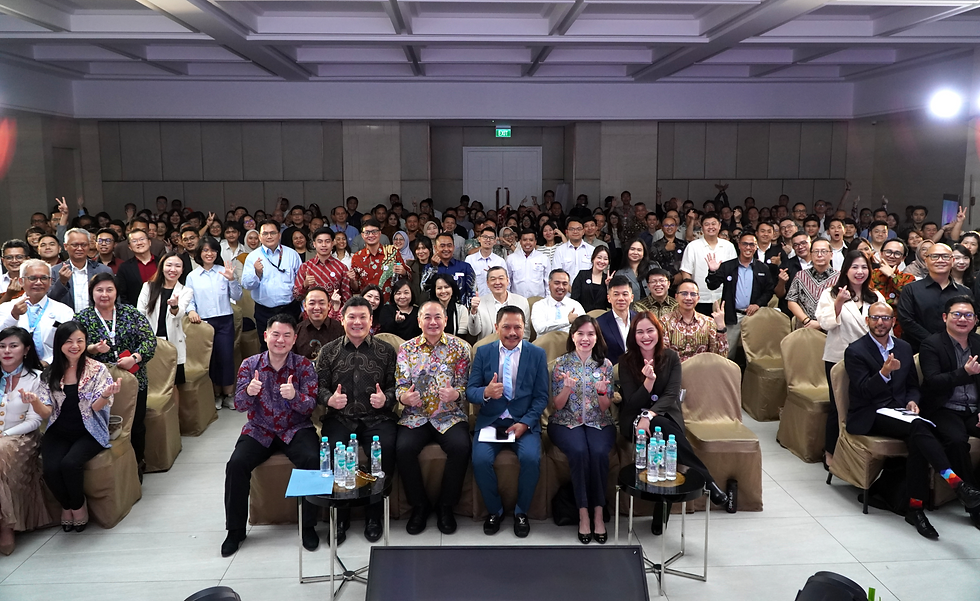What Is Partnership in the Workplace?
- TechConnect

- Feb 23, 2023
- 2 min read

Source: The Jakarta Post
A partner is a friend, a person who has your back. Whether on the playing field or in a courtroom, a partner works alongside you to reach shared goals. They won’t leave or let you down. They’re committed. Partnership in the workplace means using your personal privilege to support colleagues from historically marginalized communities. Partners wield their influence to amplify the voices and elevate the employee experience of their underrepresented coworkers.
To do that, reflect on these three aspects of knowledge:
Learning: You can start the task of partnership by educating yourself about other identities, just like you would when learning a new skill. There will always be significant knowledge gaps because you can never completely fathom what it would be like to live in someone else's shoes. But a lot of the information you require can be found in books, articles, podcasts, documentaries, or discussions with other friends.
Asking (occasionally): Be careful who you ask to be a teacher because just because someone has a certain identity, doesn't mean they are an expert in all areas connected to that identity. "Asking to inquire" can be helpful when in doubt. If you don't mind my asking... or "Let me know if this is too personal, but I'm curious... " can be used to great effect.
Divvy up the spotlight: Give the resources and chances you have. If you are a recognized authority in your profession, chances are good that you have been requested to give formal presentations frequently. The following time, recommend a worker who belongs to a marginalized group instead. Keep up with your coworkers' fascinating research; it is important to acknowledge their contributions.
Source: HBR Ascend





Nice blog and absolutely outstanding. You can do something much better but i still say this perfect.Keep trying for the best. toto online
I am continually amazed by the amount of information available on this subject. What you presented was well researched and well worded in order to get your stand on this across to all your readers. TraceLoans experts
Wow, excellent post. I'd like to draft like this too - taking time and real hard work to make a great article. This post has encouraged me to write some posts that I am going to write soon. The experts at Crypto30x
Great content material and great layout. Your website deserves all of the positive feedback it’s been getting. Procurement Nation website
Beneran nyaman banget main di nagaspin99. Sistemnya rapi dan gak ribet sama sekali. nagaspin99 link alternatif